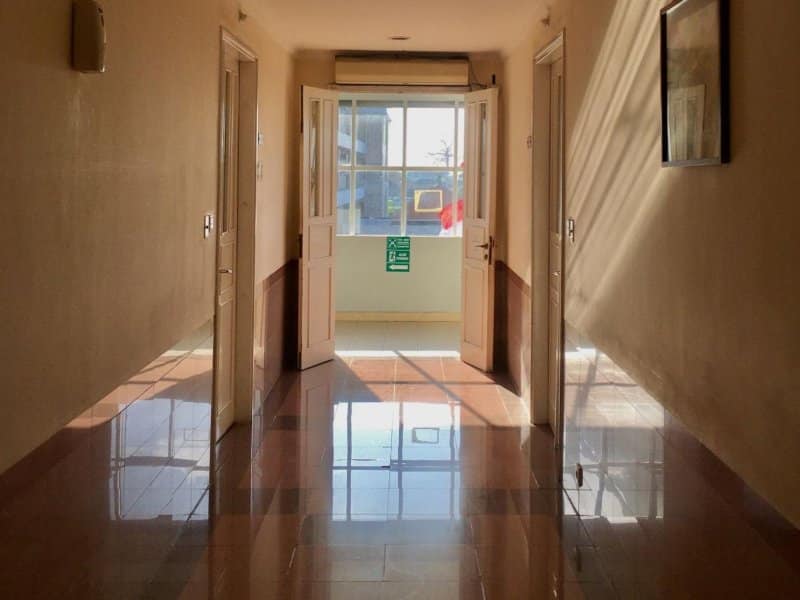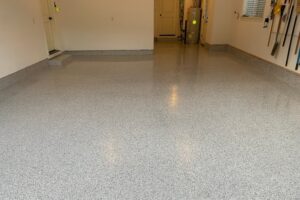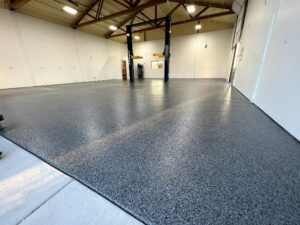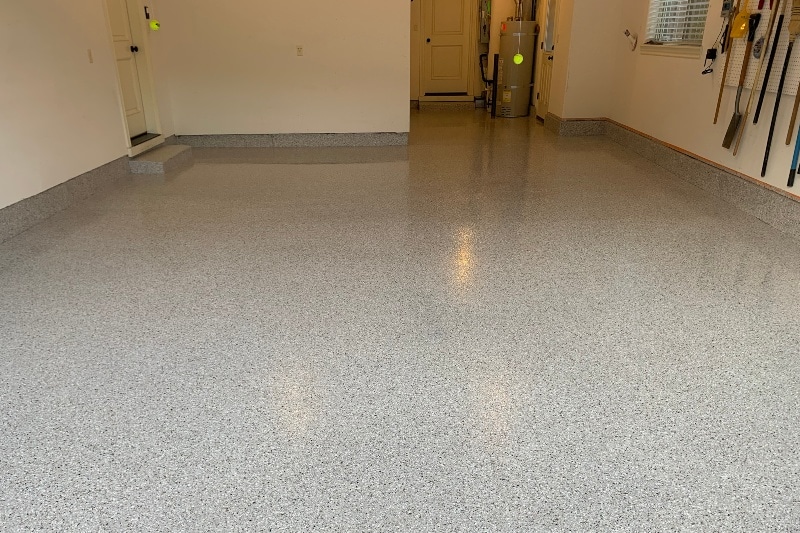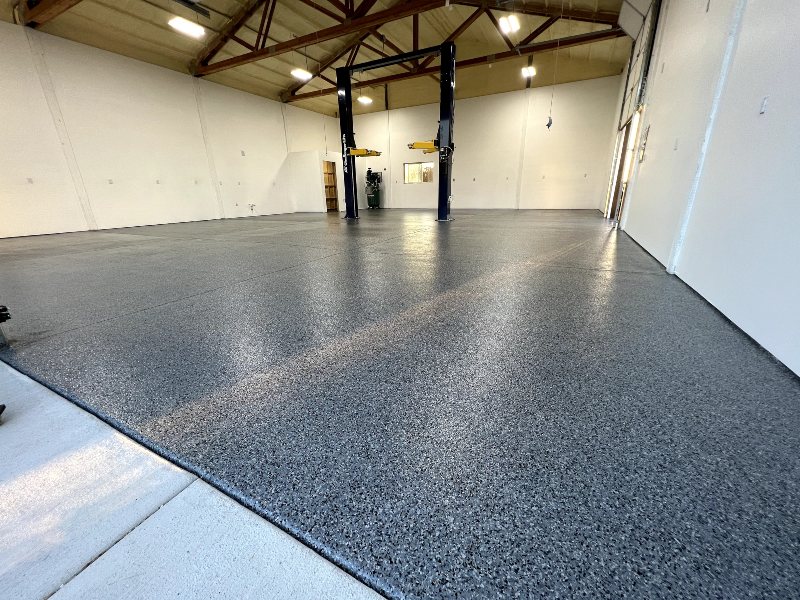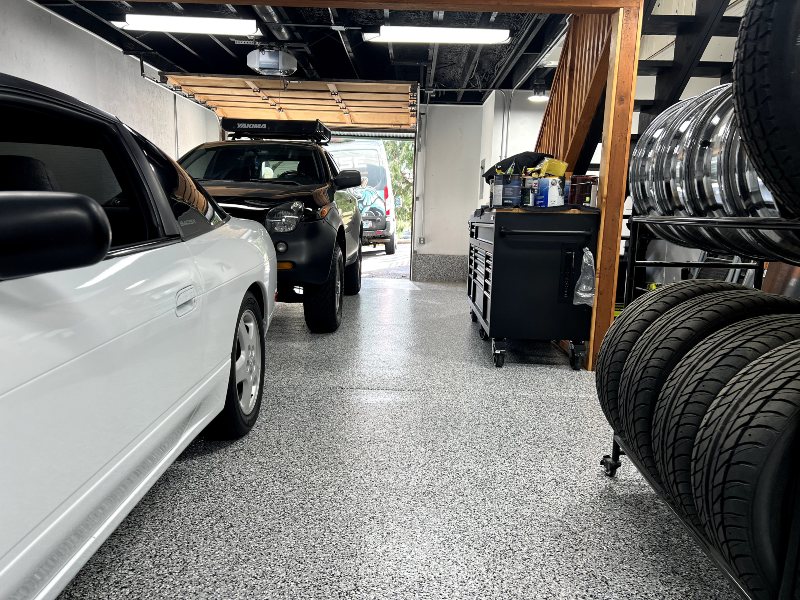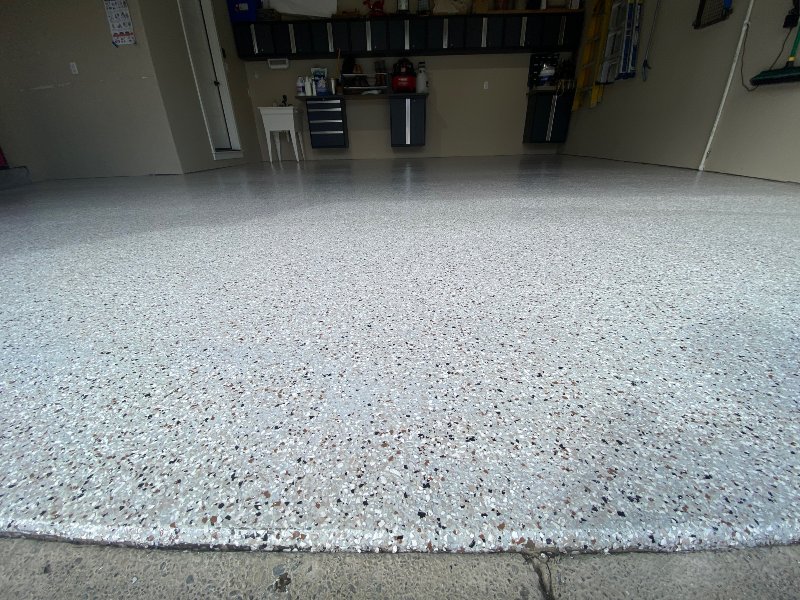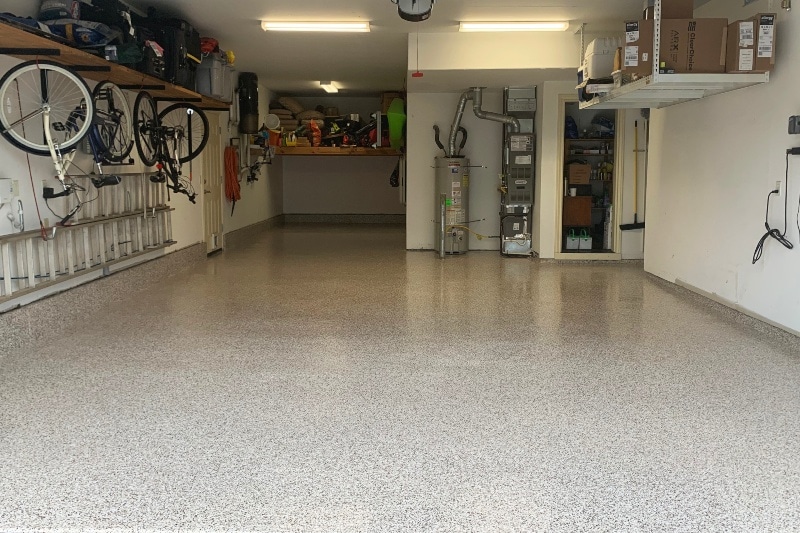Floor coating is an excellent way to give your floors a new and fresh look while also protecting them from wear and tear. However, before applying any type of floor coating, it is essential to prepare the floor properly to ensure that the coating adheres correctly and lasts as long as possible.
Proper preparation of the floor involves several steps, including thorough cleaning, repairing, and priming. In this article, we will discuss the importance of each of these steps and how they contribute to long-lasting and durable results.
Thorough Cleaning
One of the essential steps in preparing a floor for coating is a thorough cleaning. The surface needs to be free of any dirt, debris, or contaminants to ensure that the coating adheres properly. Any residual dirt or debris on the surface can cause the coating to bubble or peel, which can compromise the integrity of the floor coating.
Depending on the type of flooring, different cleaning methods may be necessary. For instance, if the flooring is concrete, it may require a pressure washer or scrubbing to remove any stains or dirt. On the other hand, if the flooring is wooden, sanding or sweeping might be necessary to ensure that the surface is clean.
Repairing
Before applying any floor coating, it is vital to repair any damage to the surface. If there are cracks, holes, or other imperfections on the surface, they can cause the coating to peel or bubble, reducing its durability and longevity.
Depending on the severity of the damages, different repair methods may be required. For instance, if the floor has cracks or holes, they may need to be filled with epoxy or other patching materials before applying the coating. If the flooring is wooden, any loose boards may need to be replaced to ensure that the surface is even and stable.
Priming
Once the floor is clean and any damages have been repaired, the next step is to prime the surface. Priming is essential as it creates a barrier between the surface and the coating, allowing the coating to adhere correctly and ensuring that it lasts as long as possible.
The type of primer used will depend on the type of floor and the type of coating being applied. For instance, if the floor is concrete and an epoxy coating is being applied, an epoxy primer will be necessary. Similarly, if the floor is wooden and a polyurethane coating is being applied, a wood primer will be necessary.
Benefits of Proper Preparation
Proper preparation of the floor before applying any coating has several benefits, including:
Durability & Longevity
Perhaps the most significant benefit of proper floor preparation is that it ensures the durability and longevity of the coating. A floor that has been properly cleaned, repaired, and primed will be less likely to bubble, peel or crack, resulting in a more durable and long-lasting coating.
Enhanced Appearance
Another benefit of proper floor preparation is an enhanced appearance. A clean, even, and smooth surface will provide a more polished and professional appearance, increasing the aesthetic appeal of the area.
Increased Safety
Proper floor preparation can also increase safety. A clean and even surface is less likely to be slippery or present a tripping hazard, reducing the risk of accidents and injuries.
Saves Time & Money
Proper floor preparation can also save time and money. By ensuring that the coating adheres correctly and lasts as long as possible, there will be no need for frequent reapplications, reducing the cost and time involved in maintaining the floor.
Thorough cleaning, repairing any damages, and priming the surface are essential steps that should not be skipped or rushed. By taking the time to prepare the floor correctly, you can ensure that the coating adheres correctly and lasts as long as possible.


